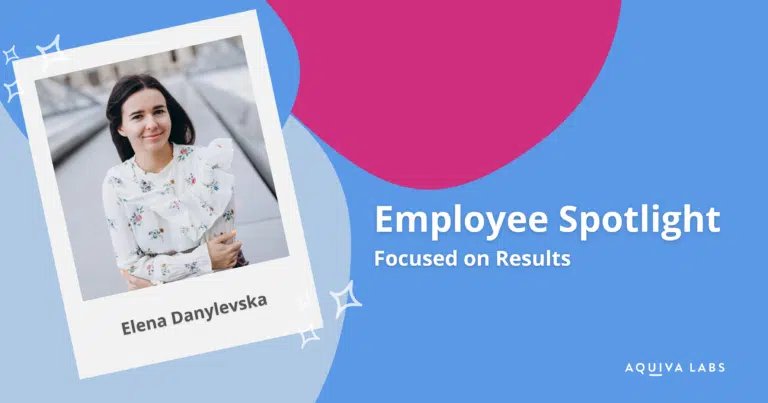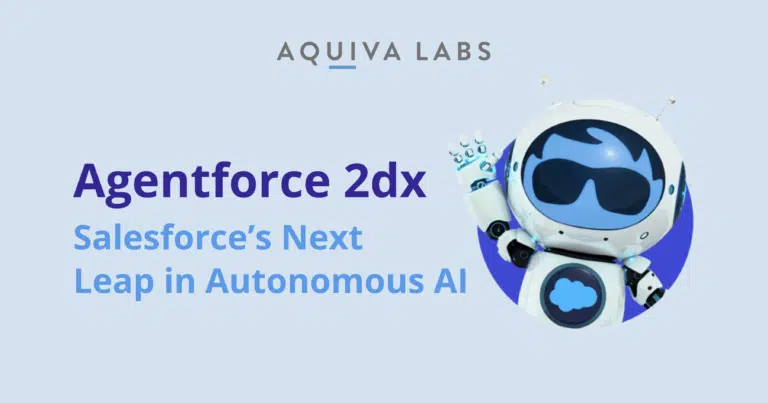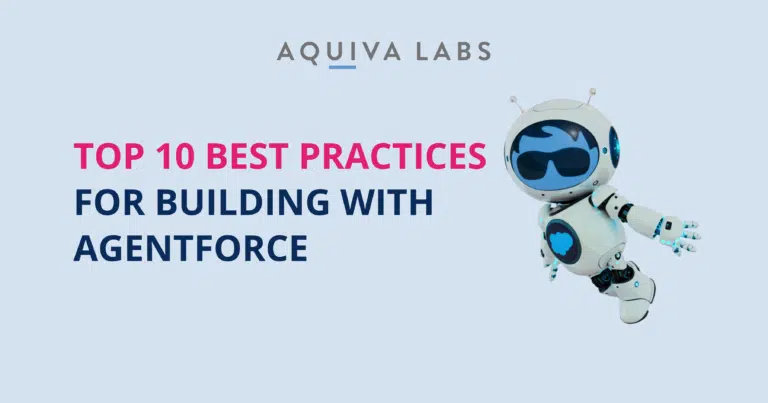The global Customer Relationship Management (CRM) market grew by 12.6% to USD$69 billion in 2020, up by USD$7.77 billion from 2019, according to Gartner’s Market Share Analysis: “Customer Experience and Relationship Management Software, Worldwide, 2020”, from June 2021, with CRM accounting for the largest share in the overall enterprise software market at 29%.
As the number one CRM solution in the world, Salesforce has seen high revenue growth over recent years. Its full fiscal year 2021 revenue was USD$21.25 Billion, up 24% year over year. With more and more businesses adopting CRM solutions, the global CRM market is expected to gain further momentum, with many factors driving this growth, including an increased focus on digital transformation in businesses.
If you’re looking to invest in the development of a commercial App for Salesforce, this is the opportune time to do so. In doing so, you want to make sure you can unlock its full potential on the Salesforce AppExchange as the biggest collection of business-to-business applications that extend the use and functionality of Salesforce.
The most common and recommended route to long-term success on the Salesforce AppExchange is to work with a Product Development Outsourcer, commonly known as a PDO partner. PDOs are specialist Salesforce partners that are focused on the end-to-end development of commercial Apps for Salesforce – from ideation to maintenance. PDOs focus on building managed packages and ensure your products pass the stringent Salesforce Security Review. They help ideate, architect and design your App, tackle specific areas of your build such as third-party integrations, and work alongside your in-house development team to support them on your company’s Salesforce journey.
When should you partner with a PDO?
The answer is almost always. Working with a PDO partner has numerous advantages, with the first and foremost one being subject matter expertise on Salesforce and an intimate knowledge and understanding of packaging strategies and approval processes to list your commercial App on the Salesforce AppExchange. Unless you have specialist Salesforce developers in your own team that have extensive experience in successfully delivering managed packages on the Salesforce AppExchange, it will be in your best interest to work with a PDO partner to help get your product to the market as effectively and efficiently as possible.
Secondly, working with a PDO partner will shorten your go-to-market time and make your Salesforce journey more seamless hence increasing the potential return on your investment. PDOs are experts in architecting scalable and future-proof solutions and work with you from the application process and development of your App all the way through to passing the Salesforce Security Review and getting your app launched. Once your app is live, they can support your ongoing needs and requirements for maintenance and new releases.
Lastly, even if you have Salesforce developers in-house, they might not have the capacity or specific expertise set to get your product certified and live fast, depending on your App concept and development requirements. A PDO will work alongside your own team to ensure product-grade delivery to power your success on the Salesforce AppExchange.
What should you look for in selecting a PDO partner?
There are several important considerations in selecting a PDO partner to ensure your success on the Salesforce AppExchange, here are our recommendations:
- Look for a Salesforce certified PDO – There are strict criteria to get into the PDO program at Salesforce, which has three levels: Level I Navigator, Level II Navigator, and Expert Navigator, with the latter being the most specialized and experienced in even the most complex App developments. This way, you make sure that you will be working with a professional partner that is recognized by Salesforce as a trusted expert that understands the architecture, the standards, and the business models that are available for ISV partners.
- Consider a well-connected PDO partner – A good way to do this is by scouting the Salesforce AppExchange to see who has worked on what. We also recommend that you ask your Salesforce team for recommendations and engage them in your search.
- Find a PDO partner that best aligns with you – Based on where your company sits in the Salesforce ecosystem, look for a PDO partner with specific specialties or industry expertise.
- Ask for project references – Especially those references that are relevant to your sector, core business, or specific expertise.
- Watch out for big promises – One of the key advantages of working with a PDO partner is that they can accelerate your go-to-market time and help you pass the stringent Salesforce Security Review faster than if you were to take this on yourself. However, do watch out for guarantees that your App will pass in one go, which is rare.
- Check the pricing – Make sure any security fixes as part of the Salesforce Security Review are included in the fee and are not considered out of scope.
- Lastly, make sure it ‘clicks’ between the teams – Developing Apps for Salesforce is a project that has lots of interdependencies and feeling comfortable with your PDO partner is critical to your success.
What makes a good PDO partner?
In our view, the best PDOs are those that are:
- Focused on long-term success on the AppExchange – If you’re an ISV partner, you might be planning to develop multiple commercial Apps for Salesforce over time. Finding a trusted partner that can work with you along your Salesforce journey is a big plus.
- Agile and consultative– The Salesforce ecosystem is extremely dynamic, and the technology develops and advances rapidly. The best PDOs are those that are agile and can respond to the latest developments and updates from Salesforce and advise you quickly when new features or releases are being rolled out. The best PDOs are also consultative; they don’t just sell their development skills but act as a consultative partner to review your requirements and make recommendations that guarantee long-term success on the Salesforce AppExchange.
- Have flexible engagement models – Every company has its own bespoke Salesforce journey, and the best PDOs are those to consider that. Look for a partner that offers flexible engagement models that don’t just include project and scope-based engagements but also options that provide ongoing customer support for maintenance and releases as well as long-term team augmentation to support your in-house development team.
- Set realistic timeframes – No two Salesforce projects are the same, and the development of each commercial App needs a dedicated approach; there is no such thing as a typical timeframe and one of the most common pitfalls of commercial App development projects is having unrealistic timelines.
- Transparent in their processes and pricing– Salesforce commercial App development projects are often highly technical and can be complex. Having a clearly laid out process for your application development is key to the efficient and effective Salesforce AppExchange navigation for your project. This ensures you are guided throughout the entire process, from the ideation of your App concept to the successful listing on the AppExchange. In addition, it is very important that you have transparency on the pricing of your project, with a full understanding of what’s included and what may be considered out of scope, which is instrumental in calculating your return on investment (ROI) afterwards.
When your business counts on Salesforce and you’re ready to build a commercial application for listing on the Salesforce AppExchange, make sure to look for an expert PDO partner that has your long-term success at heart.
Contact us to set up a discovery call for your App concept. We’ll be delighted to see how we can help with your Salesforce development needs.




